Are customers still writing reviews during the pandemic?
It’s a reasonable question to ask. The immediate assumption many have is that customers aren’t at all focused on reviews right now. They’re focused on isolation, on social distancing, and staying safe.
Is this true?
As you’ll soon see in a minute, this isn’t as accurate as many would believe.
Consumers are still spending their time and money
Research from eMarketer shows consumer habits haven’t changed significantly.
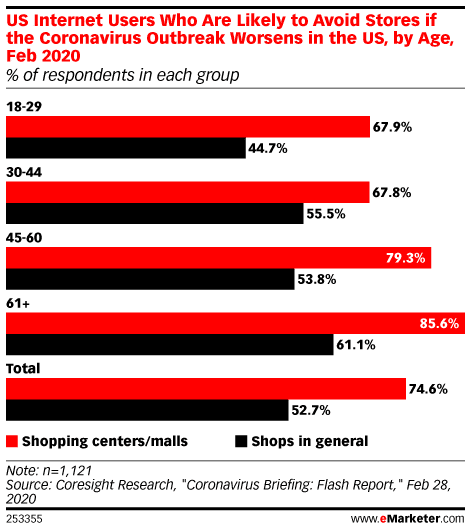
A Coresight survey found that, at the time, 27.5 percent of U.S. internet users were avoiding public places entirely. Here’s the interesting part about their survey — an additional 58 percent would do so if the Coronavirus outbreak worsened in the U.S.
Here’s another interesting detail.
More than 8 in 10 respondents ages 60 and older stated they were likely to avoid large shopping malls and shopping centers. This makes sense since COVID-19 has hit seniors the hardest.
Here’s how eMarketer analyst Mark Dolliver explains the impact.
“This could mean more adoption of ecommerce, an area where they’ve been laggards. People whose attitude has been ‘I’d rather die than buy online’ may rethink this if they feel going to crowded, germy stores truly could kill them.”
Is his assessment accurate?
Here are some projections from Web Smith:
2020 will see a boom in DTC sales. Historical data + trend analyses suggests as much.
— Web Smith (@web) March 13, 2020
Do not be surprised if eCom penetration jumps from 11.8% to an adjusted 15+% by Q1 of 2021.
That’s representative of an additional $30+ billion in sales.
The last 10 years (census data): pic.twitter.com/g88fN5psHv
A Yotpo survey seems to confirm this trend.
Just as pundits predicted, consumer behaviors are beginning to evolve. According to a Yotpo survey:
- Consumers are starting to pay more attention to marketing messages, including email, SMS, social ads, and more (35.65 percent).
- Consumers are browsing online more (32.05 percent), and buying online more (25.35 percent).
- If this disruption continues, nearly half (43.20 percent) plan to do more of their shopping online.
Consumer segments who previously made the majority of their purchases offline are now transitioning to eCommerce. Here are the top product/service categories consumers are most interested in shopping for.
The data seems to support these projections initially. This makes sense when you think about it; consumers still need their products and services. Does this mean that local businesses in other industries won’t be able to attract reviews? What does this tell about consumers and their relationship with online reviews?
Consumers are still writing reviews, sort of
Consumers are still eager to share their feedback publicly via online reviews. There are a few key differences in our current situation we need to address.
1. Some industries and verticals are seeing growth.
2. Several industries have seen a sharp decline.
3. Many businesses are unsure about the long term impact.
Here’s what we see with reviews.
Consumers in industries that are seeing a substantial amount of growth continue to receive a consistent stream of reviews. Industries that have seen a sharp decline also see a decrease in the number of reviews received. Industries that are unsure about the long term impact receive a variable response.
Let’s take a look.
Pacific Sun Technologies, Inc. installs solar panels in the Murrieta CA area. Here’s a review they’ve received during the pandemic.

Los Angeles Movers is an out-of-state moving company. It seems surprising that people would be moving during a pandemic, yet that’s exactly the case here. As we look at the reviews on their site we see that 10 people made their move during the pandemic.
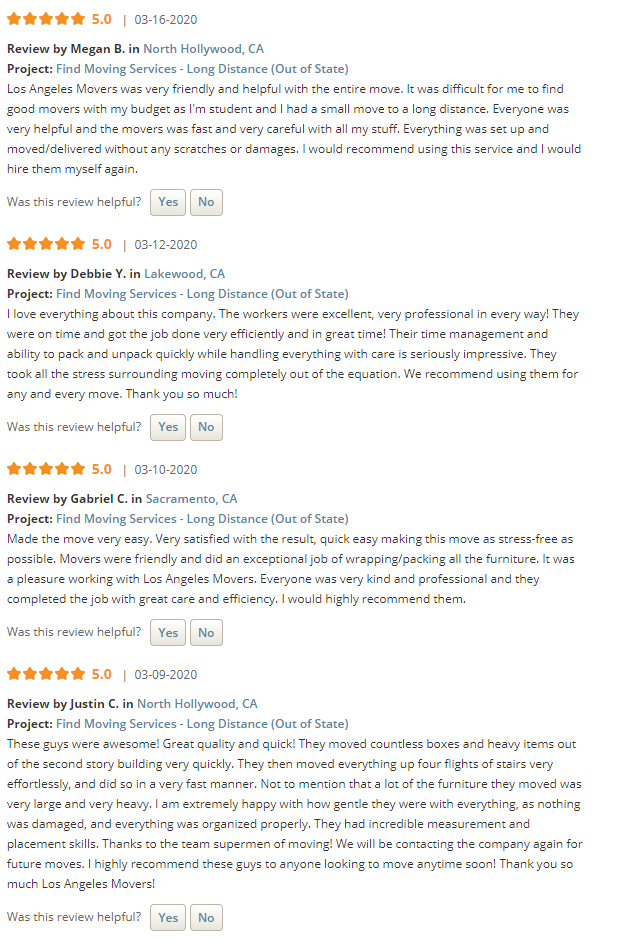
What about senior care and assisted living facilities? Here are some reviews from Home Instead Senior Care. Take a look at these reviews from active clients?
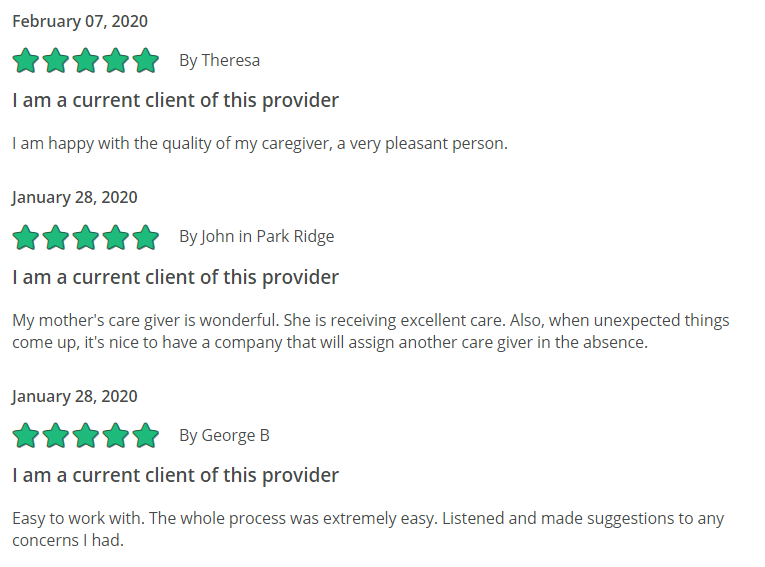
What about restaurants and food markets? Reviews are still coming in for businesses in these industries. Here are OpenTable reviews of Oriole Restaurant in Chicago.
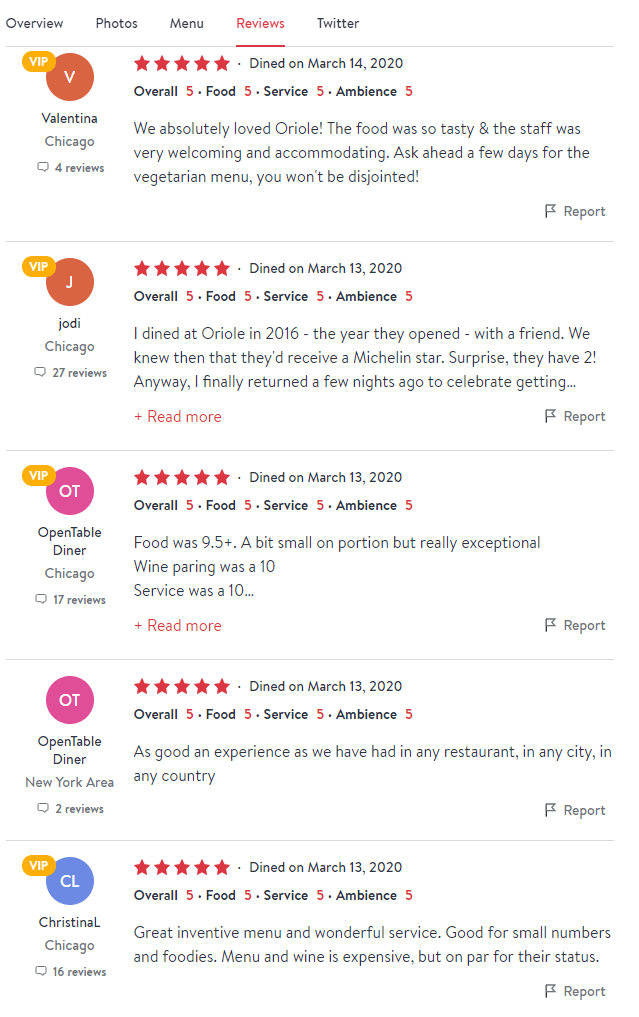
What about doctors and attorneys? Here are some recent Healthgrades reviews of Dr. David Baum, MD. Several of his patients reference the pandemic directly.
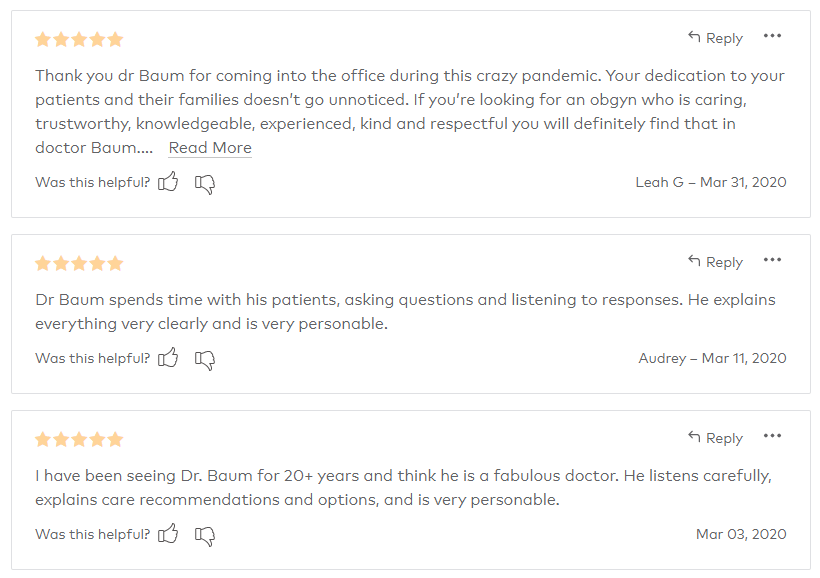
Attorneys are busy too.
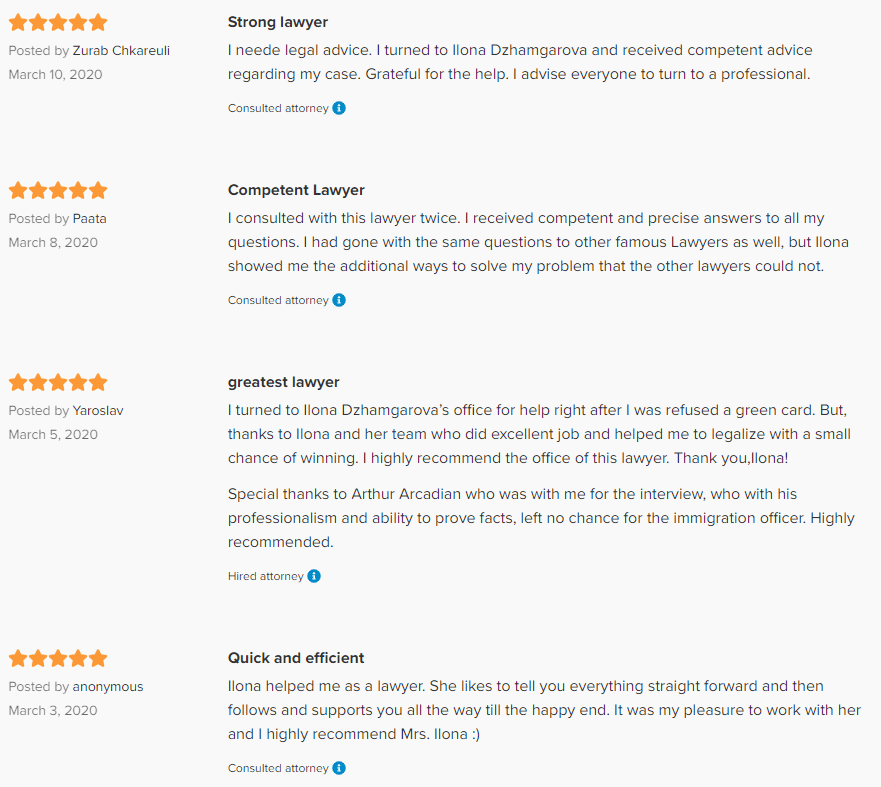
As are plumbers, which is interesting when you realize this flies in the face of social distancing protocols. Honestly? This is heroic service.
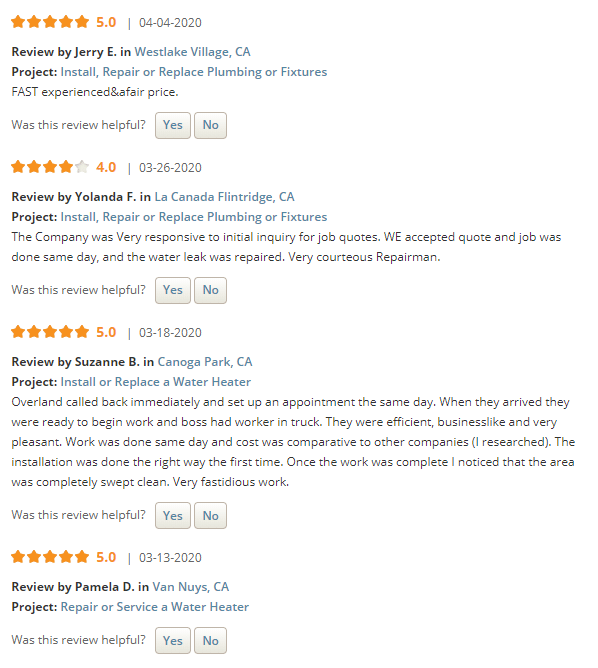
What about hotels? The Godfrey Hotel in Chicago has received several reviews during the pandemic self-quarantine.
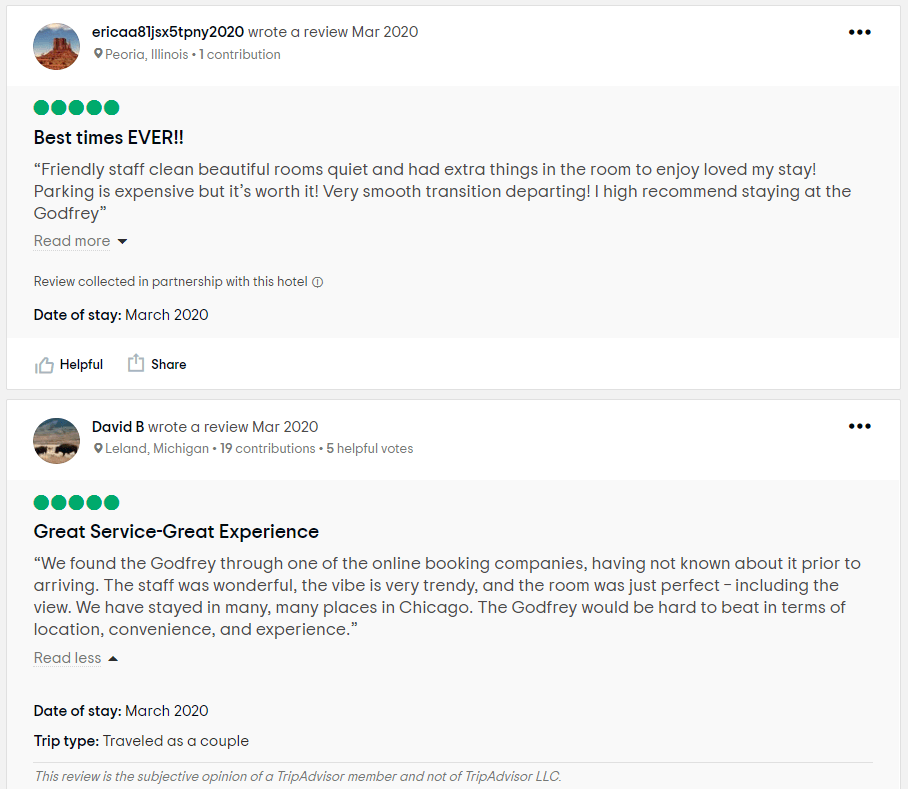
What about vehicles? Are people still buying cars from dealerships during the pandemic? Absolutely. Here are some Edmunds reviews of Team Honda, a dealership in Indiana.
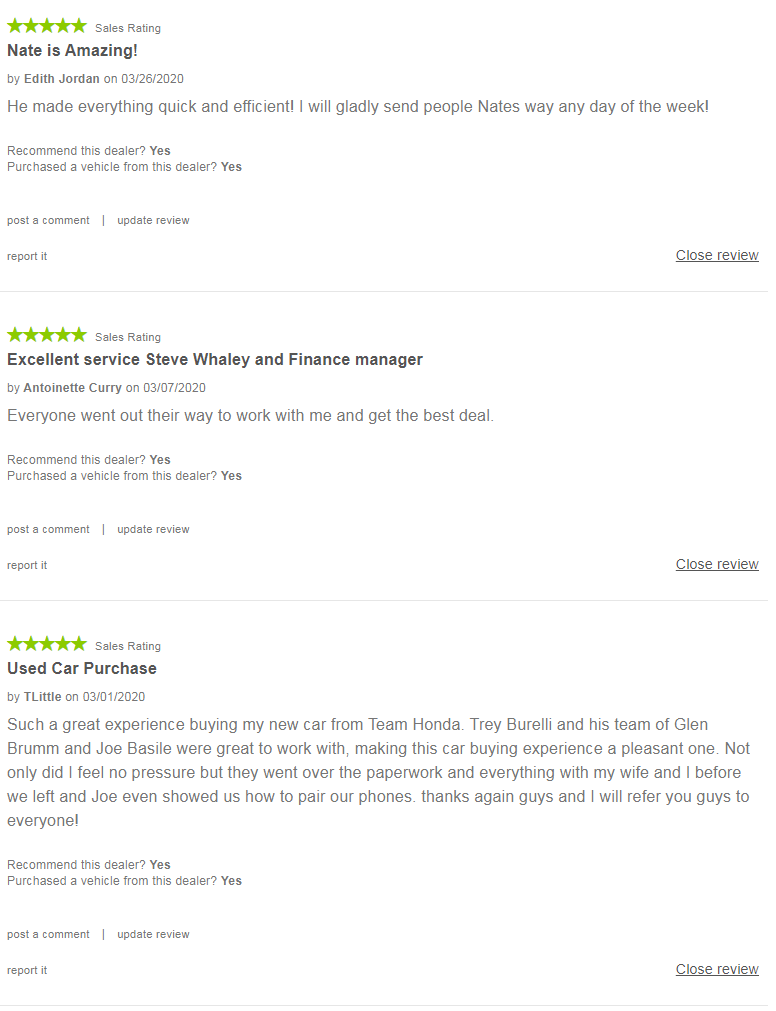
As you can see, the reviews are there. The volume local brands are used to isn’t there, but customers are still active on review platforms. As I mentioned in my previous posts, we’re going to see more reviews from customers who are:
a.) True believers who are interested in helping your company via reciprocity.
b.) Expressing altruism, they’re looking out for prospects who are interested in purchasing your product or service.
What does this mean for you?
If you’re part of an industry that’s still receiving business, it’s business as usual (more or less). You can still earn reviews. What if you’re part of an industry that’s not all that active? You can still receive reviews from your customers if you structure your request correctly.
How to earn reviews from your customers
First, you’ll want to create a list.
You’re looking to segment your list of customers. You’ll want to segment your customers into three distinct lists.
1. Doubters. These are the customers who had an unpleasant experience with your business. Something went wrong in their transaction, they didn’t get the results they were promised, or they were hurt in some way. Long story short, these customers are unhappy.
2. Neutrals. These customers are simply “satisfied.” They’re not loyal, eager, or interested in building a relationship with you. These customers are basically mercenaries. They’re typically focused on the lowest prices, best incentives, or largest discount.
3. Loyalists. These customers love your business. They admire, respect, and support your business. They’re true believers who will act as evangelists for your business, free of charge.
Here’s how you treat these segments.
- Doubters. Use this downtime to reach out to these customers. Attempt to repair the relationship by making things right. It's essential that you make it abundantly clear that you're not looking for these customers to update their review. You just want to make things right and, if possible, restore the relationship.
- Neutrals. You'll want to feel these customers out. Do what you can to wow these customers or get them out of your business. Their lukewarm attitude means they're far more likely to attempt to extract favors and goodies and less likely to reciprocate with loyalty, repeat purchases, and admiration. Tread carefully with these customers.
- Loyalists. Approach these customers and request a review. Be sincere, direct, and complementary. Tell them what you want, why you want it, and what they can do to help you. Make it easy for customers to share a review on your behalf.
Here’s a review template you can use to approach your loyalists.
Subject: We need your help
[Customer Name],
We need your help.
Would you be willing to share your experience with us on [Review Platform]? You’re one of our best customers; sharing your review helps our business recover from COVID-19 faster.
Takes 2 min.
I appreciate your help either way.
[Signature]
You can find additional COVID sensitive review request email templates here.
You’ll obviously want to respect the boundaries set by review platforms (e.g., don’t solicit reviews on Yelp).
When do you ask?
Here are a few examples that explain the timing behind review requests.
1. Reciprocity. You’ve done something huge for your customer. You’ve just wowed them; you’ve gone above and beyond the call of duty. The principle of reciprocity kicks in, triggering a desire in your customers to return the favor.
2. Scarcity. There’s something about your customer that makes them special or unique – they’re your first customer, they’ve visited consistently during the COVID pandemic, they’re consistent big spenders, etc. Uniqueness creates scarcity. Scarcity creates motivation and triggers behavior.
3. Authority. Your customer’s story is touching or compelling in some way. You give them a chance to share their story. You keep the focus on them, raising their profile, and creating prestige in their social sphere.
4. Consistency, or a failure to be consistent, creates a review opportunity. If you’ve done something amazing, you’ve created a review request opportunity. Let customers down? That’s an opportunity as well, giving you the chance to recover then request a review.
5. Admiration. Your customers are loyalists; they love and admire your business. These customers are your true believers, evangelists who are willing to spread the word about their experience with you.
6. Consensus. Your list of powerful and influential customers shared glowing reviews about your organization. You approach new customers, inviting them to share their reviews. You use social proof as a tool to build consensus and attract more reviews.
This is how you attract more reviews during the pandemic. It begins with a straightforward step.
You ask.
With the right approach and proper timing, you’ll have what you need to attract reviews.
Customers are still willing to share their review
It’s a reasonable ask, and it’s one most customers are willing to accommodate. The implicit assumption many have is that customers aren’t at all focused on reviews right now, that they’re focused on isolation, on social distancing, and staying safe.
The data shows this is a myth.
Customer habits are evolving; they’re changing the where and how, they’re redefining how they do business. Most customers are eager and excited for things to go back to normal. They’re transitioning to remote work and online solutions to their problems.
Customers are still spending their time and money. With a careful approach, you’ll find you have what you need to earn reviews, one customer at a time.









